A circle of shell-shocked parents in a mansion flat; a dozen toddlers gripping minute, 16th-size violins, the concentration causing them to sway like drunks; the merciless sawing of their tiny bows; and a noise of indescribable horror – ‘Twinkle Twinkle Little Star’ reconceived as the hold music for Hell. These were the group violin lessons I remember (and enjoyed) as a disciple of the world-famous Suzuki method, devised in Japan in 1948 by an unworldly idealist called Shinichi Suzuki.
The principle on which Suzuki hit was that learning music must be analogous to learning a language: just as any child can pick up their mother tongue, no matter how complicated, surely anyone can become ‘fluent’ in a musical instrument if they start early enough. (In one of history’s more cryptic eureka moments, when Suzuki realised what ‘great brains’ toddlers must have, he shouted: ‘Children throughout Japan ALL SPEAK JAPANESE!’)
The Suzuki method tries to mimic mother-tongue acquisition: no sheet music at first, just listening to recordings and repeating them, a bit every day, with a parent as the child’s main coach. According to Eri Hotta’s bittersweet biography, ‘about 400,000 children around the globe are today learning to play music the Suzuki way’.
Hotta, an erstwhile Suzuki violin student and the author of an excellent book on Pearl Harbor from the Japanese perspective, is the ideal person to show how Suzuki’s 99-year life rubbed up against the rollercoaster of Japan’s 20th century. We start in fin-de-siècle Japan, with its surprising fashion for Sherlock Holmes-style Inverness capes, worn over kimonos and accessorised with a violin case, symbols of western progress. Cashing in on this fad was Suzuki’s father, the violin tycoon Masakichi Suzuki.
Masakichi made his first violin in 1888 from memory, after studying a borrowed one all night. Sadly the result ‘could make very little noise, let alone a pleasing sound’, but with his second attempt, orders started rolling in, and by the first world war Suzuki Violin was producing 500 instruments a day and exporting to Britain, France, America and China.
His son Shinichi – born illegitimately in 1898 to a geisha called Ryo – didn’t take much interest in violins (except as toy swords) until, aged 17, he heard a recording of Schubert’s Ave Maria. Then he took to fiddling, with the unearthly single-mindedness that defined him. His father claimed that the point of life was to make enough money ‘so that you can have someone else play for you’, but let his son pursue music in 1920s Berlin anyway, with a princely allowance. Hyperinflation meant he could buy a Guarnerius violin for small change.
I wish Hotta had explained how Suzuki, who had no apparent aspiration to be a soloist, ended up recording César Franck’s Sonata in A Major for Deutsche Grammophon – the first recording by a Japanese violinist to be sold internationally. Suzuki’s tale feels even more like the wild fancy of a screenwriter when he makes a friend of Albert Einstein (another amateur violinist) and in 1928 marries a Wagnerian maiden called Waltraud Prange, the flaxen-haired daughter of a chocolate executive, who arrives at their wedding in a coach pulled by white horses.
The young couple went back to Suzuki’s home town of Nagoya, which Waltraud found appallingly parochial. He bought her a sofa and some chairs but ‘this well-meaning gesture only exaggerated her feeling of alienation, as a few items were simply not enough to fill up the serene expanse of a tatami-floored Japanese sitting room’.
Meanwhile, Japan’s economic bubble had burst – Suzuki Violin’s workforce shrank from 905 in 1920 to 101 in 1930 – and the unworldly Suzuki had to earn a living for the first time. In 1932, he took on a four-year-old violin student called Toshiya Eto, who was being touted as a genius. Suzuki drew the opposite conclusion: ‘The toddler was evidence that anyone could be musically able if provided with the right early exposure.’ From this flowed his radical philosophy that ‘talents are not inborn’. Music was just a totemic example of the potential that could be unleashed in anyone. ‘This method is not education of the violin. It is education by the violin.’
After the war, skeletally malnourished but still chain-smoking, Suzuki started a music school in the mountain city of Matsumoto, rather like a Japanese Maria von Trapp. By 1959, he had finished his violin coursebooks and wowed the world (well, American progressive educators) with a filmed concert of dozens of children playing the Bach Double. While the Japanese government was sterilising 25,000 disabled people (16,500 without consent), Suzuki was encouraging his instructors to take on students who were malformed by thalidomide, or missing fingers, or who were brain-damaged or blind.
What sours this arresting slice of social history is the realisation that Suzuki’s vision to reform all education, everywhere – perhaps muddled by his idiosyncratic use of the word ‘talent’ to mean achievement, not innate ability – was a flop. Nor was I convinced by Hotta’s claim that the Sukuki method had been a great ‘soft power’ success for Japan. Its impact on Venezuela’s El Sistema youth music programme, for instance, seems meagre.
The book tries to be an antidote to Suzuki hagiographies, and it succeeds in the sense that it is ultimately dispiriting. When the author visits Matsumoto, the epicentre of Suzuki’s attempted revolution, she is depressed by his study: it was ‘musty’ with ‘a whiff of decay… I could not breathe. Mercifully, the taxi arrived just in time,’ she writes, which is an odd confession from a biographer. When she asks the driver if he had had Suzuki lessons, he laughs: ‘Violin? No way! That’s something rich people did.’
Got something to add? Join the discussion and comment below.
Get 10 issues for just $10
Subscribe to The Spectator Australia today for the next 10 magazine issues, plus full online access, for just $10.
You might disagree with half of it, but you’ll enjoy reading all of it. Try your first month for free, then just $2 a week for the remainder of your first year.

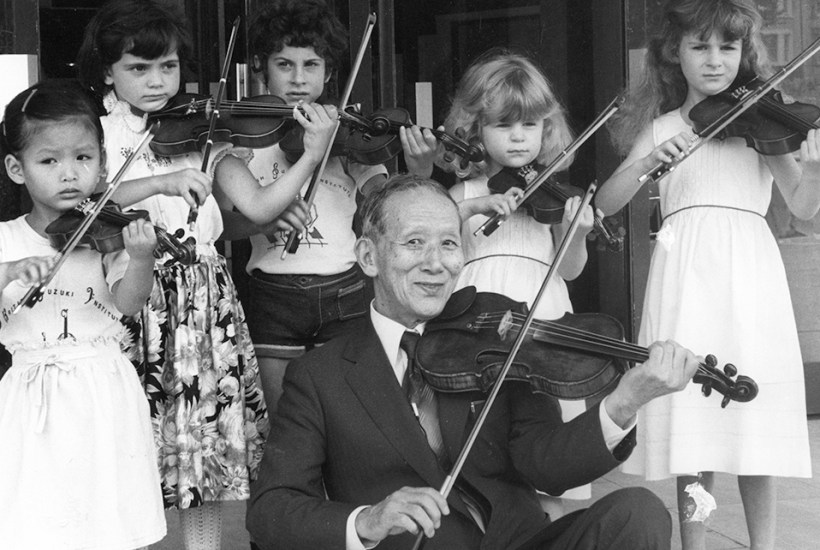
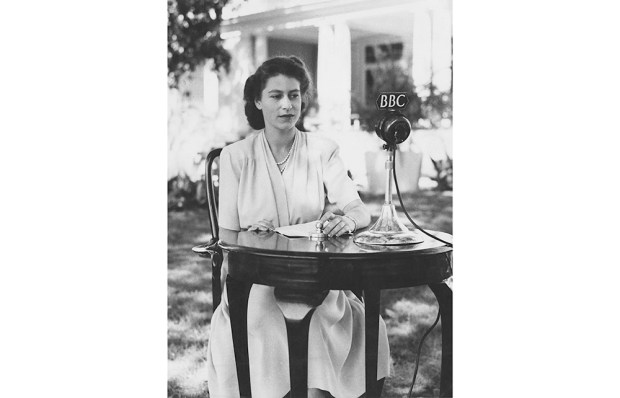

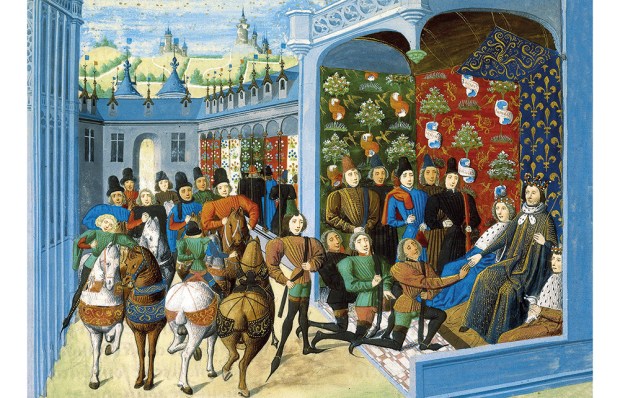
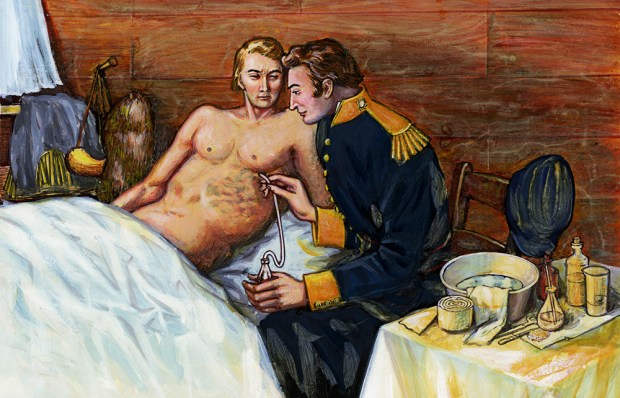
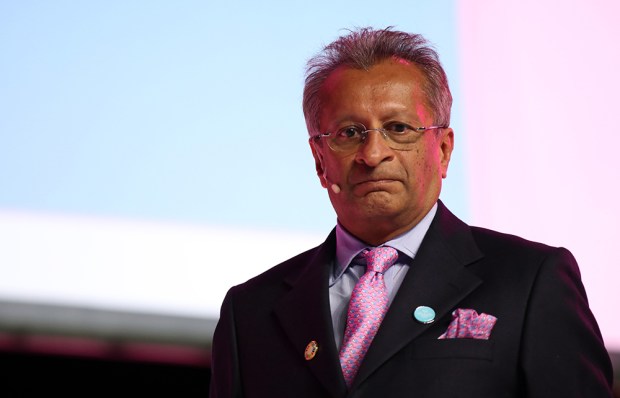
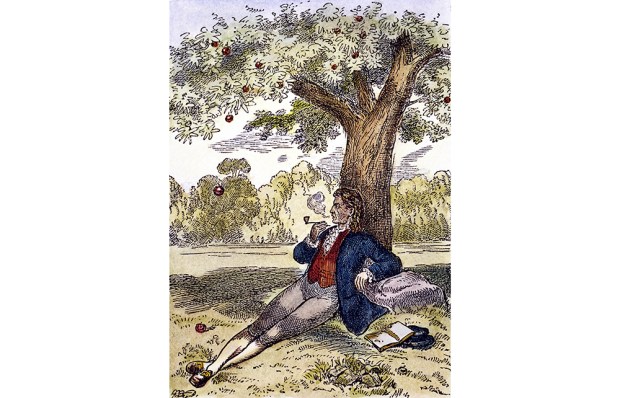






Comments
Don't miss out
Join the conversation with other Spectator Australia readers. Subscribe to leave a comment.
SUBSCRIBEAlready a subscriber? Log in